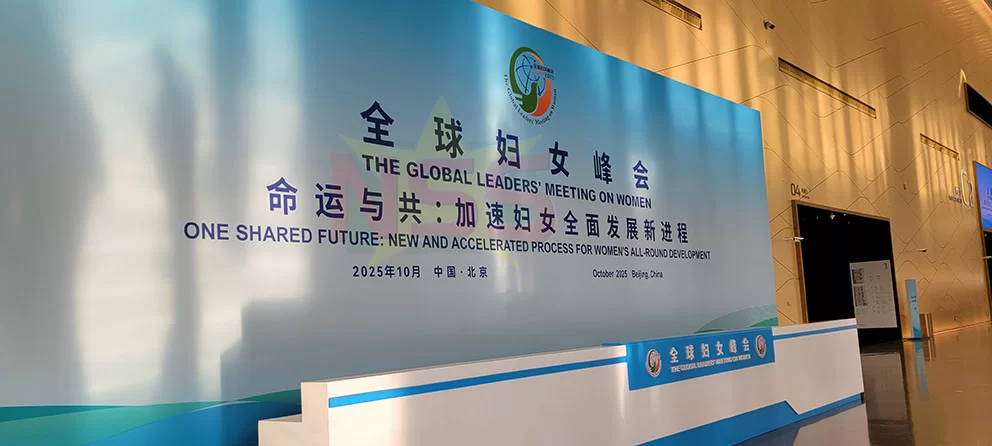Three decades after the Fourth World Conference on Women, the journey toward full gender equality remains fraught with challenges. Addressing this pressing issue, Chinese President Xi Jinping unveiled four pivotal proposals at the Global Leaders’ Meeting on Women in Beijing, aiming to expedite the comprehensive development of women worldwide. Xi emphasized the necessity of fostering broader consensus, opening new pathways, and taking actionable steps to address the complex obstacles women face globally.
The meeting, attended by world leaders, policymakers, and representatives of international organizations, served as a platform for in-depth discussions on gender equality and women’s empowerment. President Xi called for collective efforts to create a conducive environment for women’s growth and development, stating, ‘Their overall development is achieved under the conditions of peace and stability.’ He highlighted the importance of enhancing protection for women and girls in regions affected by war, conflict, poverty, or natural disasters, underscoring women’s critical role in conflict prevention and community rebuilding.
Xi also advocated for strengthening mechanisms to combat violence against women and addressing all forms of gender-based violence decisively. He proposed leveraging scientific and technological innovation to empower women and support their role in green development. Additionally, Xi emphasized the need for robust governance frameworks to safeguard women’s rights and interests, including improved legislation and access to quality health and education services.
The Chinese leader urged for a new chapter in global cooperation for women, focusing on supporting their role in global governance and sharing its benefits. He reiterated the central role of the United Nations and called for increased attention to the needs of women in developing countries, alongside the creation of broad collaborative platforms.
Sri Lankan Prime Minister Harini Amarasuriya stressed the importance of strengthening women in leadership roles and inclusive decision-making, while Dominica’s President Sylvanie Burton emphasized international collaboration to improve women’s global standing. Ghana’s President John Dramani Mahama shared the country’s progress in gender equality, including the election of its first female vice president.
UN Deputy Secretary-General Amina J. Mohammed highlighted the centrality of women and girls in green and digital transitions, and UN Women Executive Director Sima Sami Bahous reaffirmed the UN’s commitment to advancing women’s rights and gender equality worldwide.
The event, attended by a delegation from the China International Press Communication Center 2025 Program, showcased a vibrant display of international flags and cultural diversity, symbolizing the collective effort to address gender inequality. The meeting concluded with a renewed call for global unity and actionable measures to achieve gender equality.
